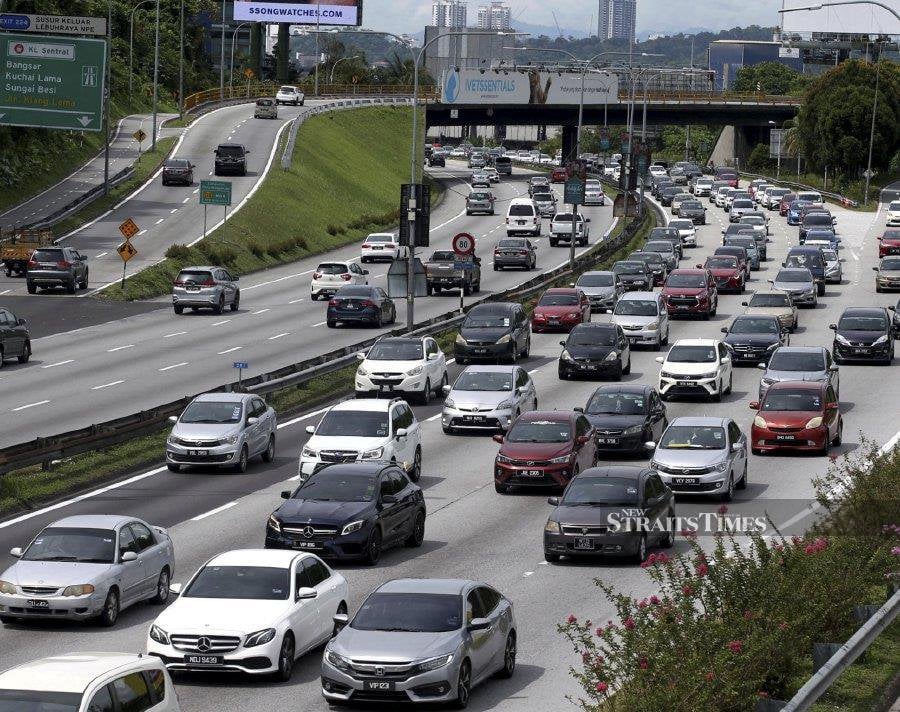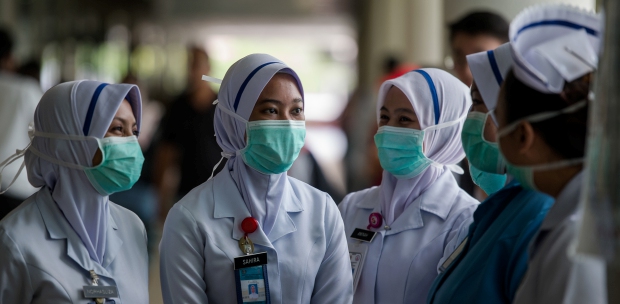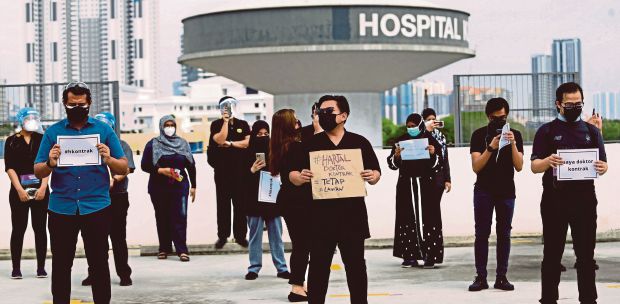BE shocked. Every 80 minutes, one life is lost in Malaysia. No, not to Covid-19, as you may reasonably think, but to road accidents, the fourth-highest cause of deaths in the country.
Last year, 6,443 people died in road accidents, Transport Ministry figures indicate. Of this, two-thirds, or 4,880, involved motorcyclists. Much has been done to reduce, if not prevent, road accidents, but the number of road deaths keep rising.
The latest is a move by the police to broadcast daily accidents and fatalities, hoping, as road accident experts hope, that doing so would shock drivers and riders into safety. But the first daily report of road accidents nationwide on March 14 dashed such hopes when it reported 12 fatalities following 1,999 accidents.
How to avoid this feeling of running to a standstill? One way is to start by looking at countries that have the lowest rates of highway traffic deaths. Paradoxically Monaco, where people go to race, had in a not-so-distant past the lowest traffic mortality rates in the world at zero for every 100,000 people, according to numbers crunched by Worldatlas, a resource portal.
Granted, to compare Monaco with Malaysia is like comparing apples and oranges, especially given the nation's small size. There is no dispute here, given the fact that Malaysia is 164,000 times larger than Monaco. But there are lessons there in the tiny city state for us to think about if we aim to prevent fatalities on Malaysian roads.
One is that the roads there are world class. And so is Monaco's public transport system, keeping the need for private vehicles at a low.
Everything that involves the public transport system in Monaco is heavily monitored.
Sweden, which is 1.4 times the size of Malaysia, is a better comparison. Worldatlas recorded Sweden, in the very same study, as having the third lowest rate of highway traffic deaths at 2.8 deaths per 100,000 people.
The Nordic nation is also said to have one of the safest transport systems in the world. Now consider Malaysia in the same light.
Our highways, when they were privatised, were the envy of many countries. The highways are still privatised but they are, in places, patchwork on potholes. Ditto city and other urban roads. Little wonder, one recent survey scored the country's roads at 5.3 out of a possible 7.
Add to this the number of vehicles on the road. Up to October last year, there were 36.3 million vehicles, surpassing the country's population of 32.4 million. Cars and motorcycles were almost evenly matched, with the former at 17.2 million and the latter at 16.7 million. No surprise that two-thirds of road fatalities involved motorcycles.
As World Health Organisation director-general Dr Tedros Adhanom Ghebreyesus says in the 2023 Global Status Report on Road Safety 2023, our transport systems open the world to us, but they come with a tragic price.
Malaysia's transport system, too, has opened the country to everyone, but it must now do all it can to eliminate the tragic price that comes with it. One way is to do what Monaco or Sweden is doing.





